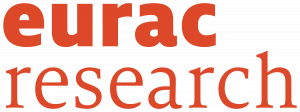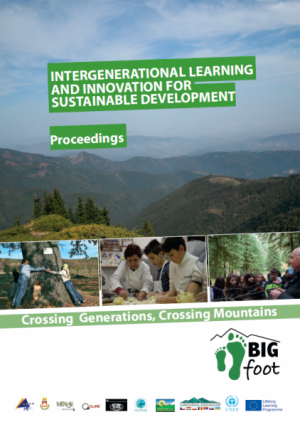Big Foot
Crossing generations, crossing mountains
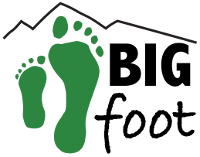
Duration: 01.01.2011 – 31.12.2012 (partnership asked for extension until 30.06.2013)
Lead Partner: Comune di Gubbio – Gubbio Municipality, Italy
Funding: Lifelong Learning Programme (GRUNDTVIG – GMP)
Project description
Big Foot was set out to tackle key issues at European level: marginalization of the rural mountain areas and their ageing population – by focusing on the valorization and maintenance of the elderly population, traditional knowledge and specific local culture. The project was implemented in three rural municipalities: Berkovitsa, Bulgaria; Trikala, Greece and Gubbio, Italy.
WHY
Mountain regions in Europe are centers of traditional cultural and natural diversity. At the same time, far away from the urban centers and marginalized, they are facing many challenges, including the lack of economic opportunities, and as a result – migration of the younger population towards urban centers. This process exacerbates the challenges of the rural mountainous areas – because the ageing population is not properly integrated in the development process – and leads to the loss of traditional knowledge by breaking the connection between the older and younger generations.
THE IDEA
The idea of the Big Foot project was to bridge the gap – and establish intergenerational learning and dialogue in the mountain areas, enabling and valuating the skills and knowledge of the older generation of locals, combining traditional knowledge with modern communication tools and expertise in order to enable innovative, creative and productive joint solutions for local sustainable development.
The Goals
The Big Foot Project was devoted to intergenerational learning in the European mountain areas: valuing the knowledge of the older generations, and combining traditional knowledge with modern communications, in order to enable innovative, creative and productive solutions for local sustainable development.
The main goals of the Big Foot Project were:
- Involving communities into an innovative and effective process for creating development opportunities in mountain areas, via identifying useful local resources and finding ways to benefit from them using the present – day means.
- Elaborating a model for the development of rural areas focusing on reliance on internal resources for its implementation – through the valorization of local elderly people.
- Establishing connections between participating local people from different mountain areas across Europe to enable their cooperation and experience exchange.
- Finding and compiling good practices that can be disseminated at regional level.
- Through data collected during the project, allowing a comparison of mountain areas across Europe, providing a better understanding of their commonalities and differences, and therefore possibly providing guidance for future interventions and policy-making.
- Presenting and disseminating the findings to a wide public and in a way that would stimulating reflection on the media and in the society, eventually fostering evidence-based policy making.
RESULTS
The project aimed to achieved the above by offering training to locals in selected mountainous communities and supporting community consultations as sharing opportunities for young and old inhabitants.
Results can be seen through the multiple Publications and in the Press and Media, available in several languages
.
Photo Contest Exhibit link
Publications
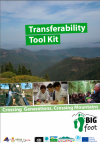
Transferability Tool Kit
The Transferability Tool Kit is among the first publications to link Intergenerational Learning with Sustainable Development. It provides background information, suggests further sources (including other Big Foot publications) and illustrates examples of the Big Foot intergenerational learning activities in Berkovitsa, Bulgaria, Gubbio, Italy and Trikala, Greece in a colorful and lively way, and includes Tips and quotes from the project participants. It is available in English, Italian, Bulgarian and Greek!
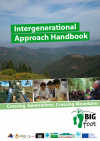
Intergenerational Approach Handbook
The Intergenerational Approach Handbook has been developed as a facilitator guide for communities, organisations and individuals by providing a framework to plan how activities can be developed to address their particular interests and to be a gateway to a range of resources to support and inform this planning. The Handbook, based on current intergenerational programmes, initiatives and practices, can be also used as a reference document for people already engaged in programmes by presenting procedures for assessing and evaluating those activities.
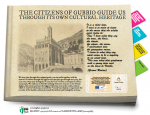
Intangible heritage guides
The Intangible heritage guides, produced by the local community participants with the help of the partners, will be composed of multimedia contents produced and developed during the project. The Guides area available in English and in the respective country languages
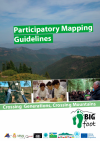
Participatory Maping Methodology and Guidlines
The Participatory Maping Methodology and Guidlines were developed with the aim to give both a theoretical and a practical framework for the participatory mapping and community consultation context that the three Big Foot project partners involved in Experimentation have conducted during experimentation in their respective areas.
Project partners
Information about the project partners and communities can be found in the Transferability Tool Kit download
Vienna Programme Office
Secretariat of the Carpathian Convention
UN Environmnent
Vienna International Centre
PO Box 500
A – 1400 Vienna
Tel: +43 1 260 60 83038
Mail: info.carpathianconvention@un.org
Large Carnivores
Education for Sustainable Development
© Secretariat of the Carpathian Convention
POWERED BY:
